Sexual Assault Prevention Advocates with Greek Life (SAPA) at the University of Minnesota is beginning their recruiting efforts for next year’s cohort of prevention advocates on March 15.
SAPA is a program within the University’s Sexual Misconduct Prevention Program in the Office of Equity and Diversity, which aims to equip fraternity and sorority members with tools to lead sexual assault prevention efforts within their chapters.
In biweekly meetings throughout the fall and spring semesters, SAPA Supervisor Alicia Leizinger said prevention advocates learn about sexual assault resources on campus and practical skills, such as how to facilitate a trauma-informed approach and respond positively if someone discloses an experience of sexual assault.
In meetings, prevention advocates also learn about the topic of sexual violence on a general scale, including the University’s risk factors, according to Leizinger.
SAPA also collaborates with the University’s Aurora Center, Leizinger said. Representatives from the Aurora Center went to a fall SAPA meeting and talked about the resources they provide.
Aurora Center Associate Director Chloe Vraney said she was invited each year to provide information on the Aurora Center’s direct services. She said these presentations function like a mini workshop where she speaks for about 15 minutes and presents slides about services the Aurora Center offers.
Leizinger added that she helped begin SAPA while working at Boynton Health in 2021.
Vraney said Leizinger partnered closely with Aurora sexual assault prevention staff to learn about the trends and work being done on campus.
According to Leizinger, the 2019 AAU Campus Climate Survey determined that sorority and fraternity members were more likely to experience sexual assault than their undergraduate counterparts not in Greek life. In 2019, 41.5% of sorority members and 14% of fraternity members reported experiencing sexual assault.
Leizinger said the results of the 2019 survey drew the University’s attention to the need for the development of specific strategies to mitigate the University’s “unique risk,” specifically those related to alcohol use.
Alcohol use is a risk factor that is not often addressed, according to Leizinger. In meetings, prevention advocates learn how to recognize when someone is incapacitated and unable to consent to sexual activity.
“We try to influence the peer influences that might be promoting a culture where sexual violence is more likely,” Leizinger said.
Leizinger said SAPA often discusses how power and oppression relate to sexual violence, including problematic and sexist comments that diminish people’s bodily autonomy.
Prevention Advocate Steven Mattison said these power dynamics are prevalent within fraternity and sorority culture. He added that the existence of an unbalanced power dynamic helps perpetuate incidents of sexual assault without adequate bystander intervention.
“What I heard coming into the University is that you know, it’s a very toxic place for masculinity,” Mattison said. “You need to be the alpha dog on campus.”
Leizinger said prevention advocates also talk about how social status, particularly for men, should not be tied to their sexual prowess.
According to Leizinger, SAPA employs a peer-based approach to sexual assault prevention education where advocates take time at their chapter meetings to discuss what they learned with SAPA. Currently, 23 chapters have at least one prevention advocate.
Mattison said SAPA has tangible goals to get more chapters involved with the program and to enact policy changes, such as implementing safety guidelines for overnight formals.
Mattison added that his goal coming away from each session is to simply reflect on the material taught and how it can be implemented in chapter meetings and members’ daily lives.
“When I’m at this [fraternity] event, what am I doing to recognize where this could go wrong or if there is any immediate threat?” Mattison said.
Leizinger said up to three students from each chapter can be prevention advocates and can tailor the program material to fit their needs, hopefully leading to more effective prevention.
She added that while skills people learn from a one-time sexual assault prevention training may fade over time, continuous reinforcement by prevention advocates in each chapter is a lesson more likely to last.
“These are folks who are trusted who people know and love,” Leizinger said. “Those messages can really resonate differently than if I were to go into a chapter.”
Leizinger said there has been a lot more interest in the program as it grows and people see its benefits.
According to a SAPA survey last spring, Leizinger said 92% of respondents who were in a chapter with a prevention advocate said they intervened when they heard sexually offensive comments, versus 81% of those in a chapter that did not have a prevention advocate.
Additionally, 97% of respondents from chapters with a prevention advocate intervened in a potential sexual assault situation versus 88% of those chapters without a prevention advocate.
“We think that we’re really having some impact and we think that that’s going to continue to grow as the program grows as well,” Leizinger said.
Correction: A previous version of this article misstated which staff Leizinger partnered with. They partnered with the Aurora sexual assault prevention staff.


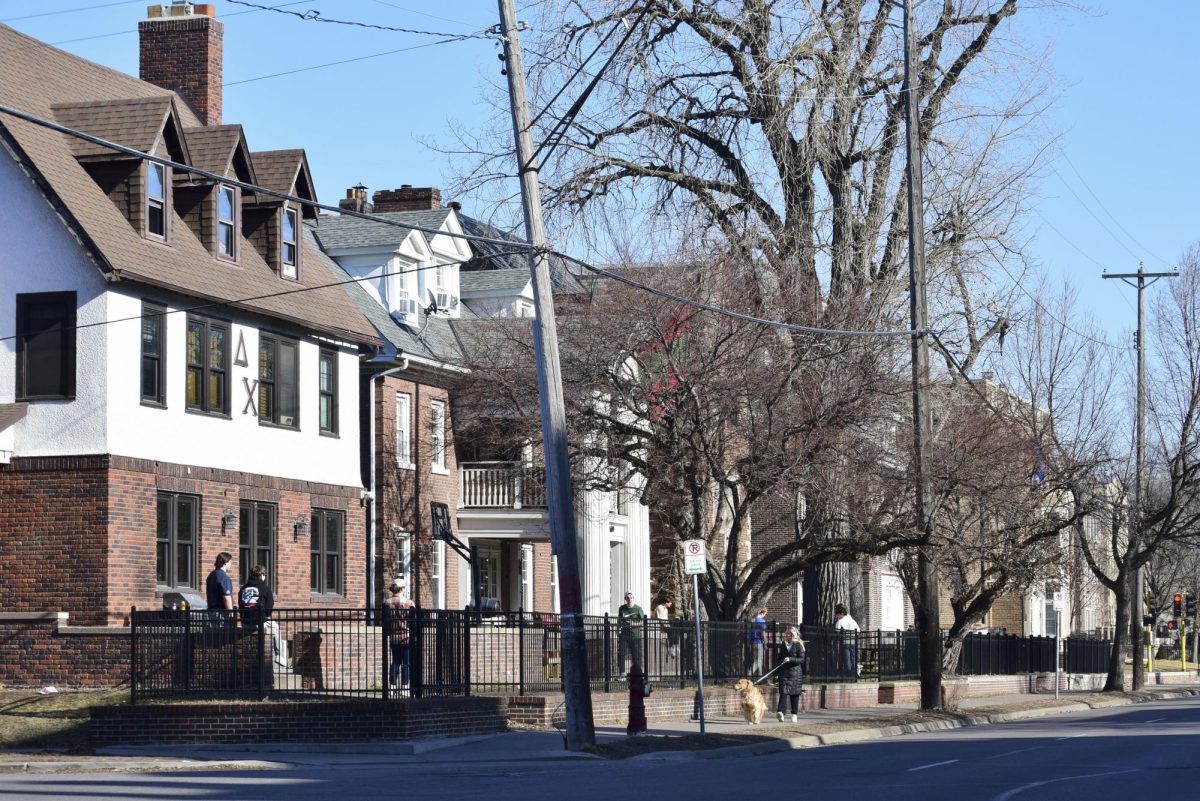

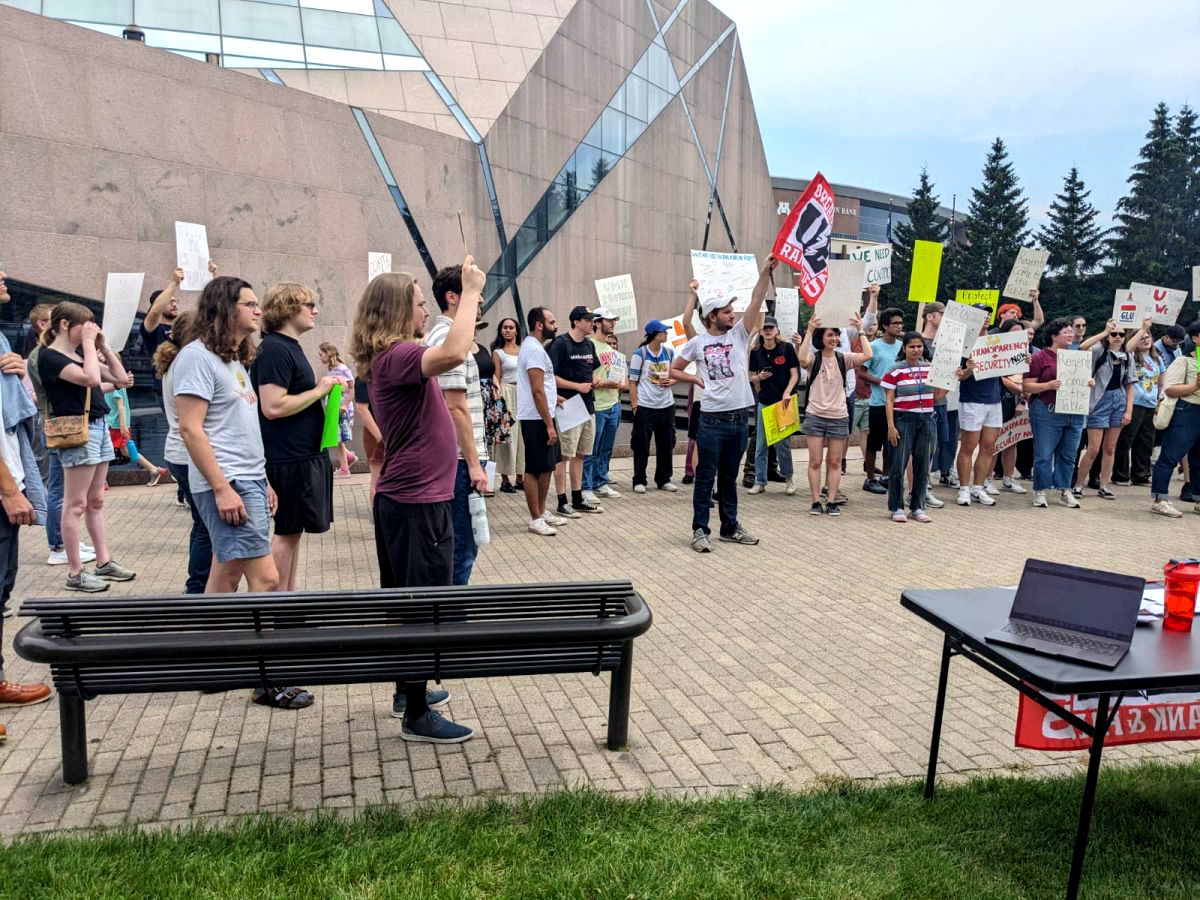
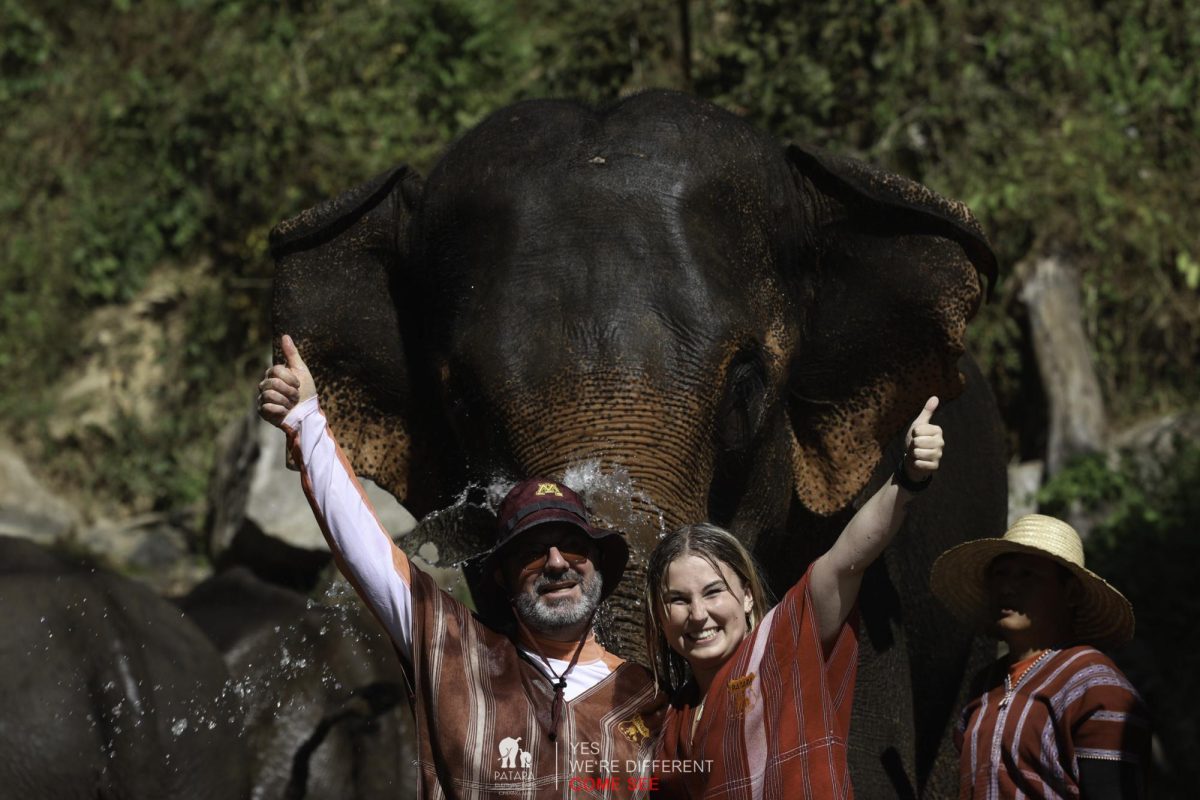



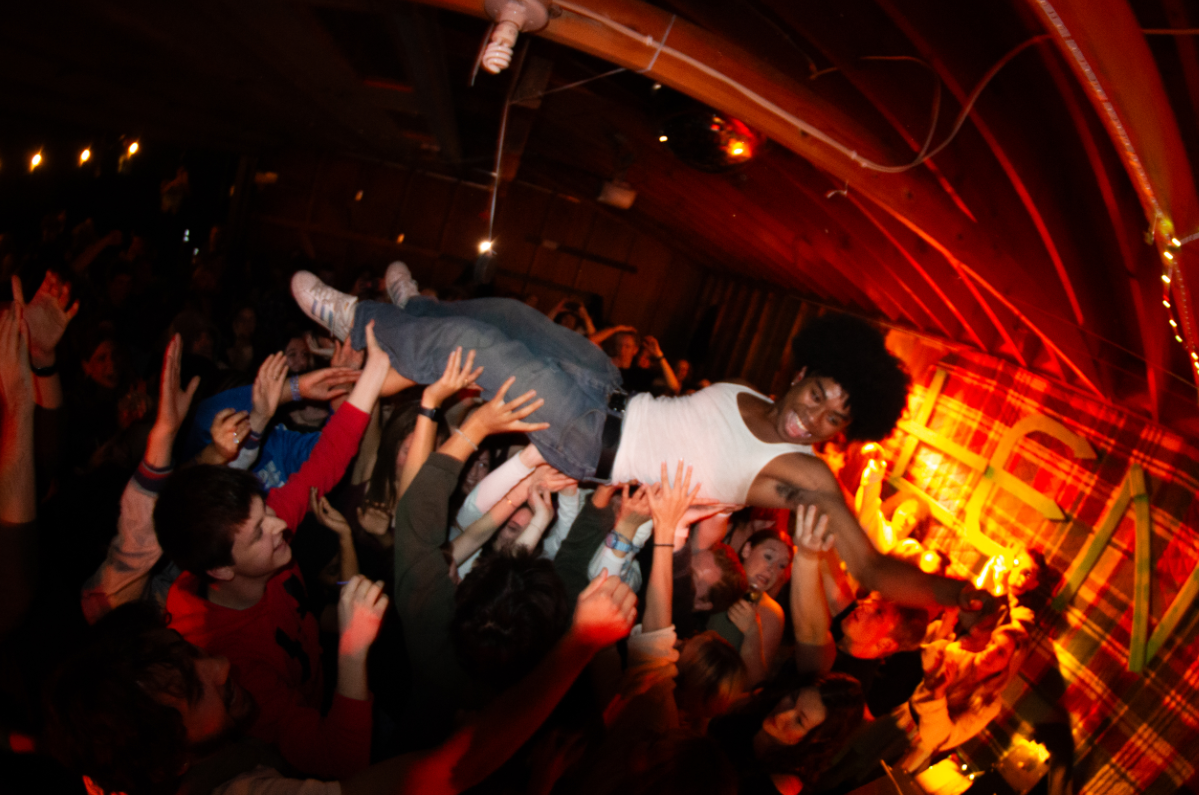

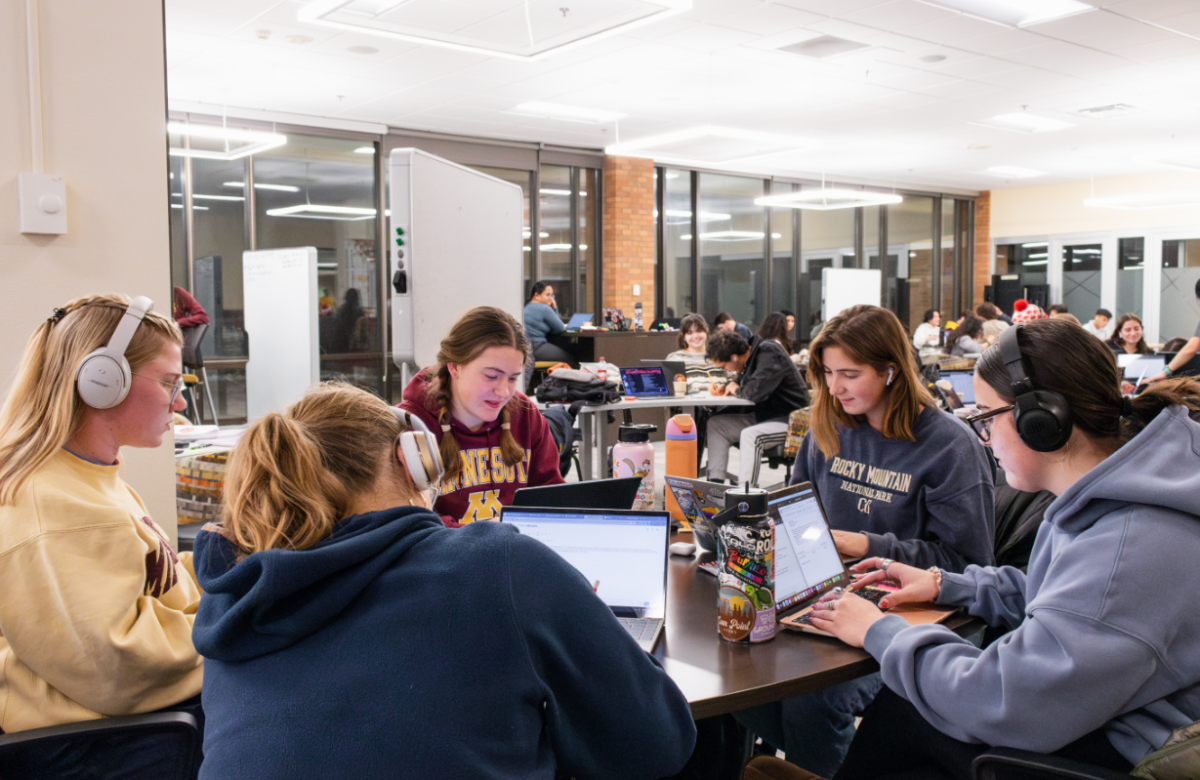

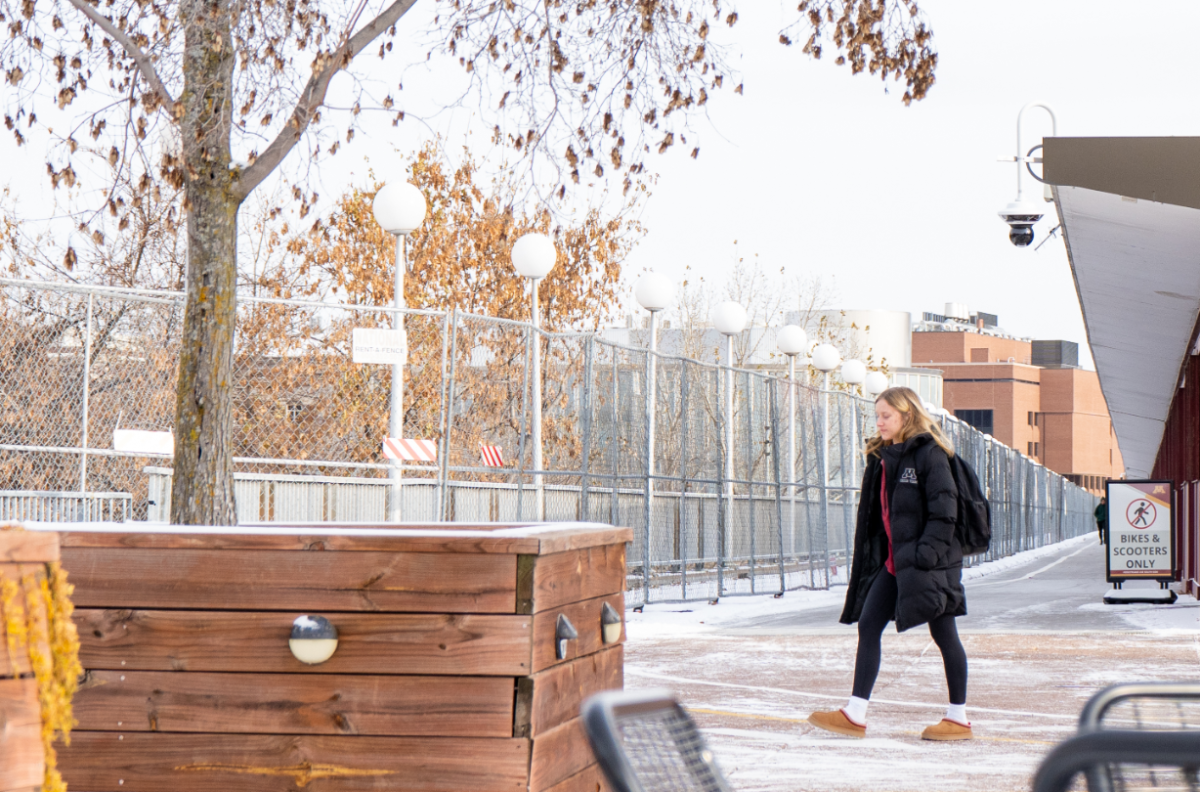
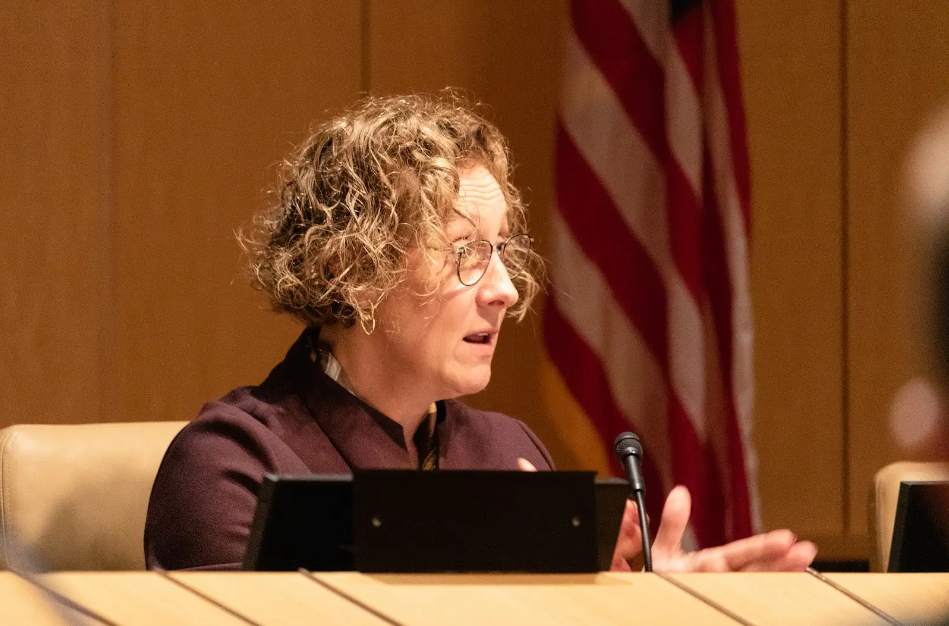
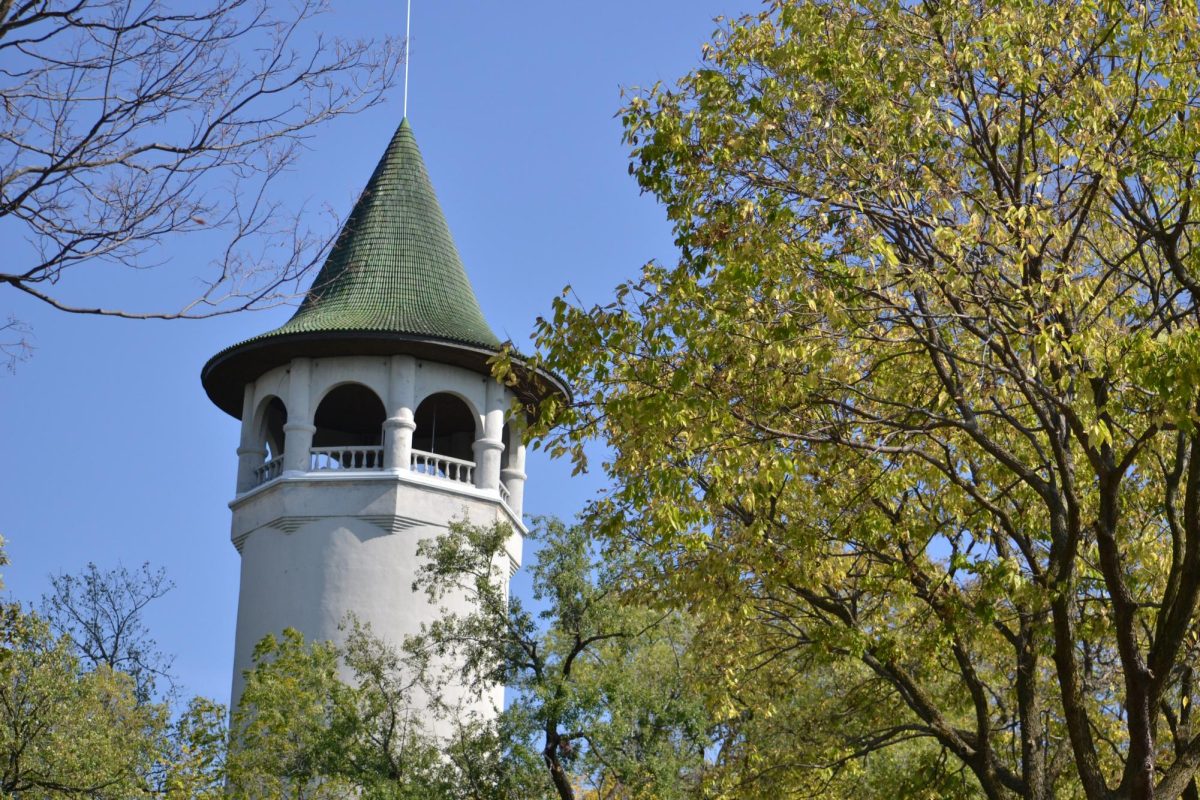




intervention needed
Mar 12, 2024 at 11:13 am
Thank you to the authors for writing about such troublesome and delicate realities:
“In 2019, 41.5% of sorority members and 14% of fraternity members reported experiencing sexual assault.”
In 2019, 55..5% of people living Greek life were sexually assaulted. That is the reported number so we must assume the actual number is higher.
Based on the number breakdown by gender and according to the sources quoted in the article, it sure looks like male-identified people are doing the majority or all of the assaulting. This begs the questions, why would anyone, regardless of gender identity, want to participate in Greek life?